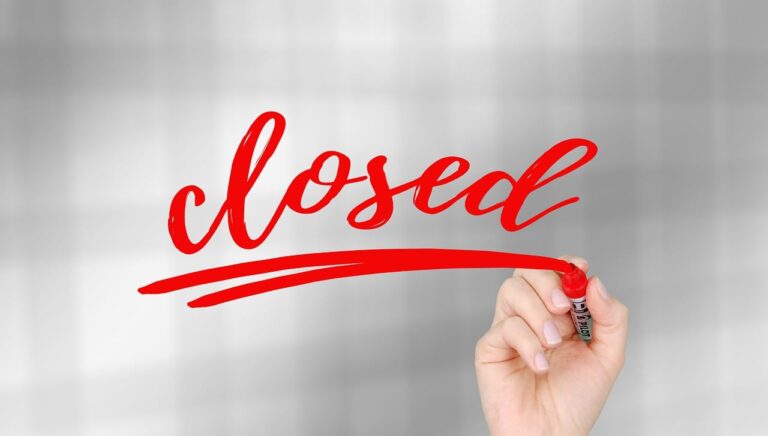The Capitol Report, produced by WisPolitics.com — a nonpartisan, Madison-based news service that specializes in coverage of government and politics — provides a weekly analysis of issues being debated in Wisconsin state government. It is underwritten by the WNA and produced exclusively for its members. WisPolitics.com President Jeff Mayers is a former editor and reporter for the Associated Press and a former political writer for the Wisconsin State Journal.
By WisPolitics.com
PFAS, also known as “forever chemicals,” are a persistent problem for many in the state.
Politicians in the state Capitol keep trying to do something about it but keep getting stuck over definitions and budgets.
Gov. Tony Evers is going to use his state budget plan on Feb. 18 to once again advance his position.
The Dem governor recently announced a swath of measures to improve water quality in his budget proposal, including more than $145 million to address PFAS contamination. That funding includes $125 million set aside in the 2023-25 state budget to fight PFAS.
GOP Sen. Eric Wimberger, one the Republican leaders on the PFAS issue, suggested in turn that Evers’ plan was a concession to Republican lawmakers. But the Green Bay-area Republican said he still has concerns about language to protect innocent landowners.
Wimberger said Evers’ proposal is “an admission of what I’ve been saying for years: we can’t just write the DNR a check for $125 million to fight this problem.”
Meanwhile, Midwest Environmental Advocates said it’s open to a narrow exemption to protect farmers.
Evers’ proposal also lists provisions aimed at helping those whose properties are contaminated through no fault of their own — a key sticking point in negotiations with the GOP-run Legislature over PFAS funding.
Wimberger co-authored SB 312 last session, which laid out how to spend the $125 million. Republicans have argued it includes important protections for innocent landowners, but Evers vetoed it last session over provisions limiting DNR’s authority to regulate PFAS. The Joint Finance Committee has rejected Evers’ calls to release the money directly to DNR.
Evers’ announcement says his clean water proposal will include measures to protect innocent landowners, such as farmers who unknowingly spread PFAS-containing biosolids on their land, along with $7 million to help innocent landowners and farmers clean up PFAS contamination.
Wimberger in a statement said Evers “has come around to my position and supports my bill that he vetoed last year.” But he expressed frustration with what he called a lack of clarity on Evers’ part about the definition of “innocent landowner.”
“I’ve been waiting for months for the Governor to clarify his definition of an ‘innocent landowner,’ and he has refused to respond to my requests,” Wimberger said. “This delay is holding up meaningful solutions to PFAS problems affecting communities across our state. I find myself sitting at the table waiting to have a meaningful conversation on how we can pass a bill to fight PFAS in Wisconsin, and I hope the Governor will join us there soon.”
Meanwhile, Midwest Environmental Advocates attorney Rob Lee in a statement on the innocent landowner measures in Evers’ plan said: “In principle, we would support a narrow exemption that protects farmers, as long as it is paired with adequate funding to remediate contamination resulting from the spreading of contaminated biosolids.”
“Ideally, PFAS polluters would bear the costs of remediation, unlike previous proposals from the legislature, which would have let PFAS polluters off the hook,” Lee added.
The session has just begun, and Evers’ budget unveiling on Feb. 18 will get things rolling. Maybe a compromise on PFAS will be part of the ultimate state spending plan.
For more, visit WisPolitics.com
The Capitol Report is written by editorial staff at WisPolitics.com, a nonpartisan, Madison-based news service that specializes in coverage of government and politics, and is distributed for publication by members of the Wisconsin Newspaper Association.
Copyright © WisPolitics.com



